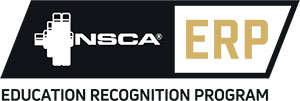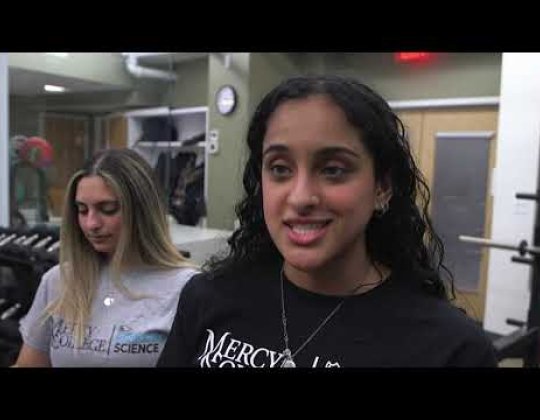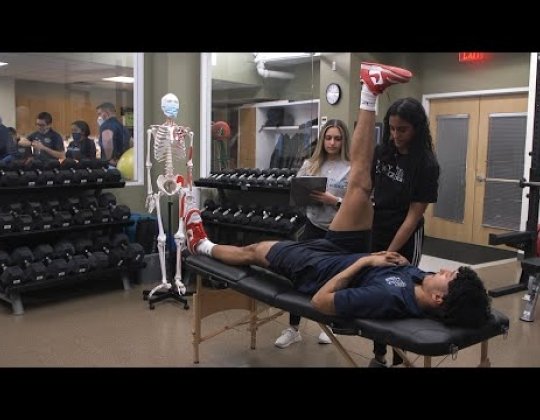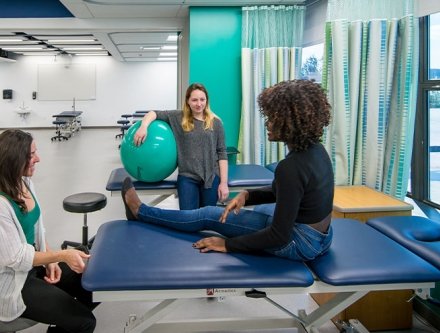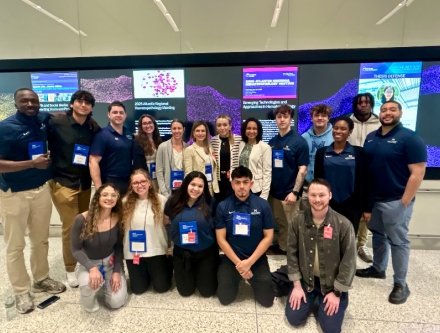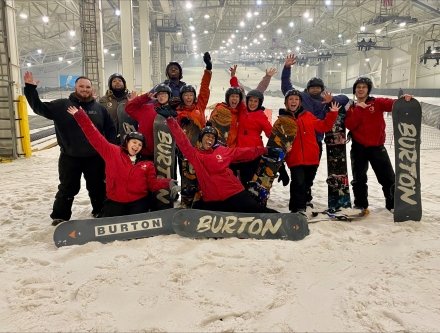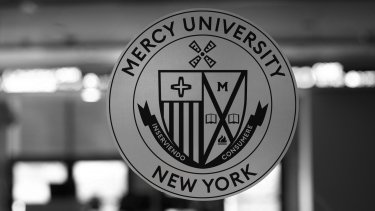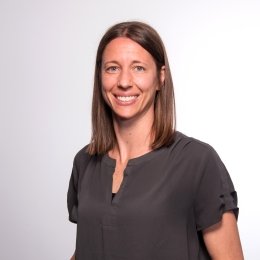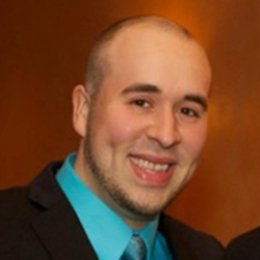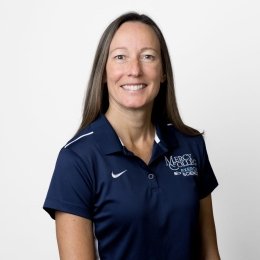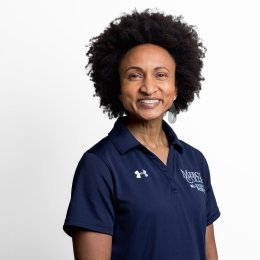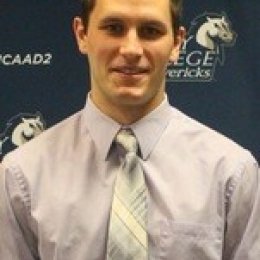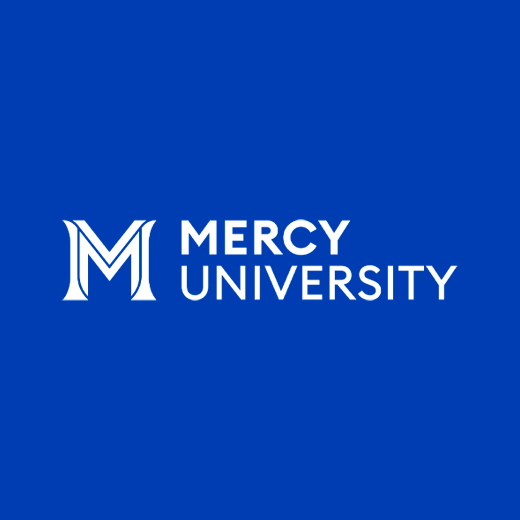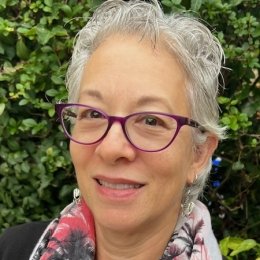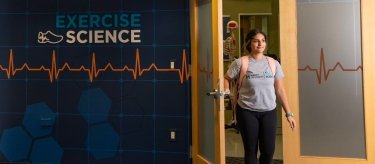
Exercise Science
- 120 Credits
- School of Health and Natural Sciences
- Westchester
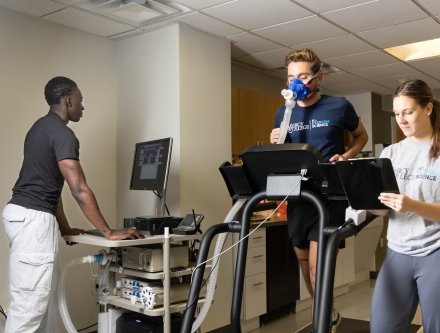
Exercise Science Overview
The Exercise Science program prepares students for a broad range of occupations that promote health and physical fitness, including strength and conditioning specialists, athletic trainers , and physical therapists. Graduates are skilled in evaluating health behaviors and risk factors, conducting fitness assessments, designing exercise programs, and motivating individuals to adopt and maintain positive life behaviors.
We are one of the only exercise science programs in the tri-state area to hold both CAAHEP accreditation through the American College of Sports Medicine (ACSM) and ERP designation by the National Strength and Conditioning Association (NSCA).
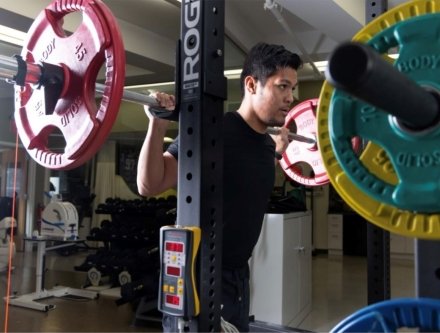
Exercise Science Tracks
You can choose one of 2 tracks, both leading to a B.S. in Exercise Science: Clinical or Performance. Both tracks prepare students for professional certification exams such as the ACSM Exercise Physiologist Certification (ACSM-EP) and the NSCA Certified and Strength and Conditioning Specialist (CSCS) certification.
The Exercise Science Clinical Track gives students the strong scientific foundation they need to be prepared for graduate studies in health profession programs such as physical therapy, exercise physiology, and more.
The Exercise Science Performance Track prepares students to work in high-demand fields such as strength and conditioning, personal training, weight loss management, and performance coaching just to name a few.
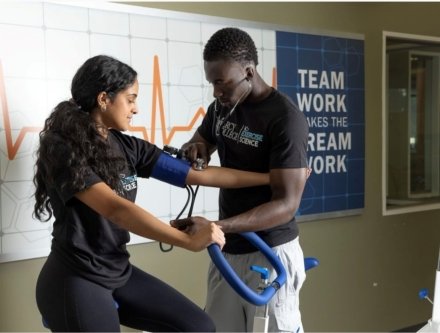
The Mercy Advantage
- CAAHEP accredited program
- Education Recognition Program (ERP) from NSCA
- Seamless credit transfer from community colleges
- 100% graduate satisfaction rate
- Dedicated exercise science lab with cutting-edge equipment
- Embedded internships
- Personalized advising and mentorships
- Small class size for personalized attention
- Active Exercise Science club
For more information, join an info session on the Exercise Science Program here
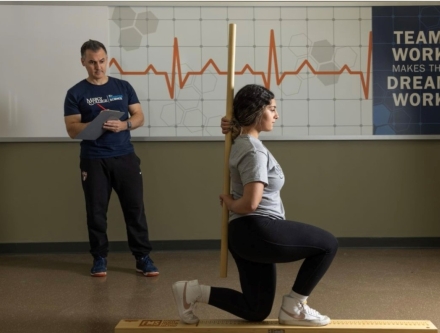
Career Opportunities
With a B.S. in Exercise Science, you can pursue a wide array of rewarding careers such as:
Strength and conditioning coaching
Exercise physiology
Athletic coaching
Corporate fitness
Fitness training
Our Exercise Science B.S. also prepares you for graduate school in allied health careers such as:
Physical therapy
Athletic training
Physical education
Sports nutrition
Biomechanics
Cardiopulmonary rehabilitation
Sports Psychology


